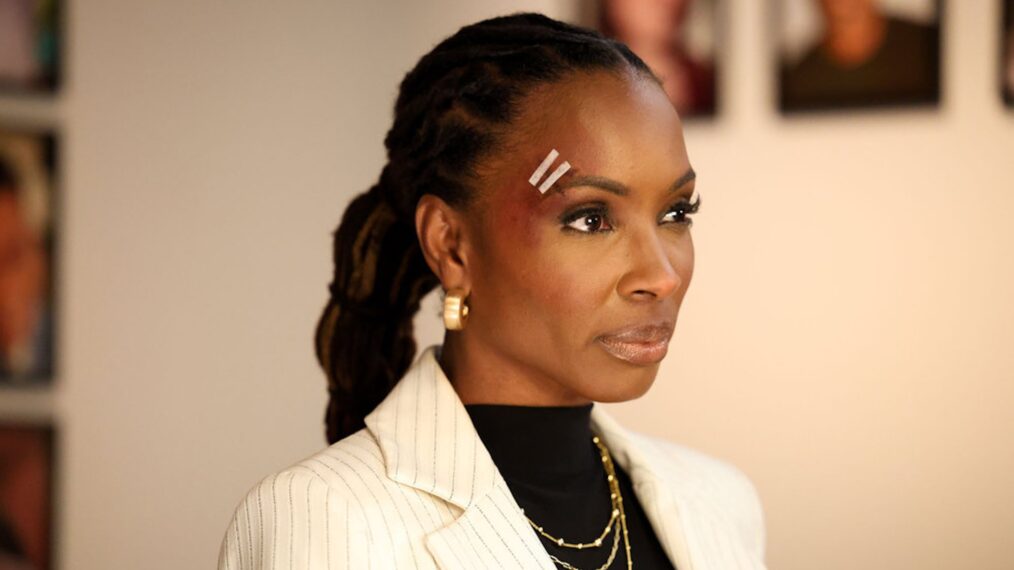An accountant who prepared Donald Trump’s financial statements was back on the witness stand for a fourth day Thursday in the New York civil fraud trial examining whether the former president exaggerated his wealth.
Trump himself didn’t attend the proceedings Thursday, after choosing to be there — and avail himself of the news cameras waiting outside — for the three prior days.
The business fraud trial stems from New York Attorney General Letitia James’ lawsuit alleging that Trump and his business ginned up financial statements that vastly overvalued Trump Tower, Mar-a-Lago and other assets. Trump denies any wrongdoing and says James, a Democrat, is just trying to damage his 2024 presidential campaign. He’s leading the Republican field.
The witnesses so far have been two accountants who worked on the financial statements, which went to banks, insurers and others.
James’ legal team is working to show that Trump and his company had complete control over the preparation of the statements, with the accountants relying on information the Trump Organization provided.
The defense has been trying to show that if there were problems with the financial statements, the flubs were accountant Donald Bender’s fault. Bender is a former accountant at Mazars USA, which has an office on Long Island. Trump lawyers on Thursday continued an exacting cross-examination of Bender, who worked on the statements for years.
Bender insisted that he asked Trump Organization executives for all required documents but didn’t always get them. He said he learned about some missing appraisals only when Manhattan prosecutors questioned him during their investigation into Trump’s business practices.
Defense lawyer Jesus M. Suarez asked why Bender didn’t notice the appraisals’ absence earlier.
“I asked them for appraisals,” Bender said. “They represented they gave me everything I needed.”
After Bender testified that he had a “specific memory” of asking a Trump lieutenant for all available appraisals, defense lawyer Clifford Robert pointed out that Bender had replied to dozens of other questions by saying he didn’t remember.
“You don’t recall texts, you don’t recall emails, you don’t recall phone calls,” said Robert, who represents Trump sons and company Executive Vice Presidents Eric Trump and Donald Trump Jr. Robert suggested the accountant was worried that his testimony could lead to trouble with accounting regulators or law enforcement authorities.
Bender’s testimony finally wrapped up around noon, with Trump Organization Controller Jeffrey McConney taking the stand next.
The non-jury trial concerns allegations of conspiracy, insurance fraud and falsifying business records. James is seeking $250 million in penalties and a ban on Trump doing business in New York.
Judge Arthur Engoron ruled on some other claims before the trial, finding that Trump did engage in fraud by inflating his assets’ worth on the statements.
The ruling, which Trump appealed Wednesday, calls for dissolving the limited liability companies that control Trump Tower and some other prominent holdings and having a receiver operate them. Trump would lose his authority over choosing tenants, hiring or firing employees and other key decisions regarding those properties.
In an order Thursday, Engoron ordered both sides to submit names of potential receivers by Oct. 26. He also gave Trump and other defendants seven days to provide a list of all entities covered by the ruling. The list will go to a court-appointed monitor, retired federal Judge Barbara Jones.
Engoron, seeking to prevent an end run around his ruling, told the defendants to give Jones advance notice of any application for new business licenses in any jurisdiction and any attempts to create new entities to “hold or acquire the assets” of a company that’s being dissolved under the ruling.


























































![Mason Ramsey – Twang [Official Music Video] Mason Ramsey – Twang [Official Music Video]](https://i.ytimg.com/vi/xwe8F_AhLY0/maxresdefault.jpg)




















